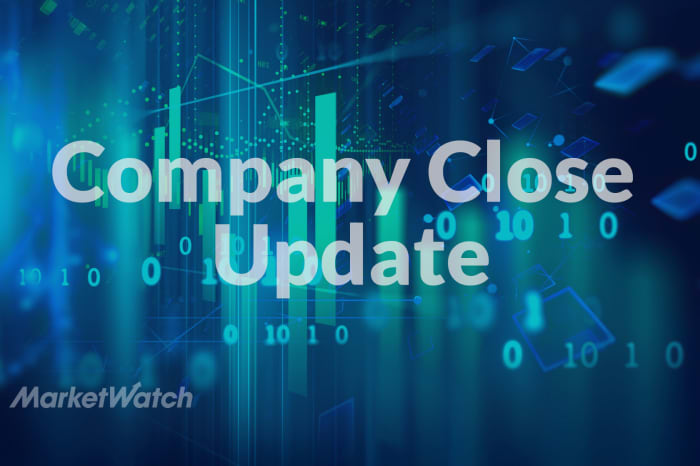Future-Proof Your Finances: How Cloud ERP Architectures are Revolutionizing Digital Finance

Embrace the Digital Finance Revolution with Cloud ERP
The financial landscape is undergoing a seismic shift. Traditional, siloed systems are struggling to keep pace with the demands of a rapidly evolving business environment. Organizations that want to thrive – not just survive – need to embrace a modern digital finance architecture. At the heart of this transformation lies the strategic adoption of Cloud Enterprise Resource Planning (ERP) solutions.
Why Digital Finance Architecture Matters
A digital finance architecture isn't just about implementing new software; it's a fundamental rethinking of how financial processes are designed, managed, and integrated. It means breaking down data silos, automating workflows, leveraging real-time analytics, and empowering decision-makers with the insights they need to navigate complexity. The benefits are significant:
- Increased Efficiency: Automate repetitive tasks, streamline processes, and reduce manual errors.
- Improved Accuracy: Centralized data and automated controls minimize discrepancies and enhance data integrity.
- Enhanced Visibility: Gain real-time insights into financial performance with interactive dashboards and customizable reports.
- Better Decision-Making: Data-driven insights empower informed decisions, leading to improved profitability and strategic alignment.
- Greater Agility: Adapt quickly to changing market conditions and regulatory requirements.
The Role of Cloud ERP
Cloud ERP solutions are uniquely positioned to serve as the foundation for a modern digital finance architecture. Here's why:
- Scalability & Flexibility: Cloud ERPs easily scale to accommodate growing business needs and adapt to evolving requirements.
- Integration Capabilities: Modern cloud ERPs offer robust integration capabilities, connecting disparate systems and data sources. This eliminates silos and fosters a holistic view of financial operations.
- Real-Time Data & Analytics: Cloud-based platforms provide access to real-time data, enabling proactive monitoring and informed decision-making. Built-in analytics tools empower users to identify trends, patterns, and opportunities.
- Enhanced Security: Reputable cloud providers invest heavily in security infrastructure and protocols, ensuring data protection and compliance.
- Reduced Costs: Cloud ERPs eliminate the need for expensive on-premise hardware and IT infrastructure, reducing capital expenditures and ongoing maintenance costs.
Key Components of a Digital Finance Architecture with Cloud ERP
Building a robust digital finance architecture with Cloud ERP involves several key components:
- Core Financial Management: General ledger, accounts payable, accounts receivable, fixed asset management.
- Revenue Management: Subscription billing, revenue recognition, and contract management.
- Procurement & Supply Chain Management: Streamline procurement processes and optimize supply chain efficiency.
- Financial Planning & Analysis (FP&A): Budgeting, forecasting, and scenario planning.
- Reporting & Analytics: Customizable dashboards, real-time reporting, and advanced analytics capabilities.
Looking Ahead: The Future of Digital Finance
The journey to a digital finance architecture is an ongoing process. As technology continues to evolve, we can expect to see further innovations such as:
- AI & Machine Learning: Automated data analysis, fraud detection, and predictive forecasting.
- Blockchain Technology: Enhanced security and transparency in financial transactions.
- Robotic Process Automation (RPA): Automate repetitive tasks and improve operational efficiency.
By embracing Cloud ERP and strategically building a modern digital finance architecture, organizations can unlock unprecedented levels of efficiency, accuracy, and agility, positioning themselves for long-term success in a rapidly changing world.






